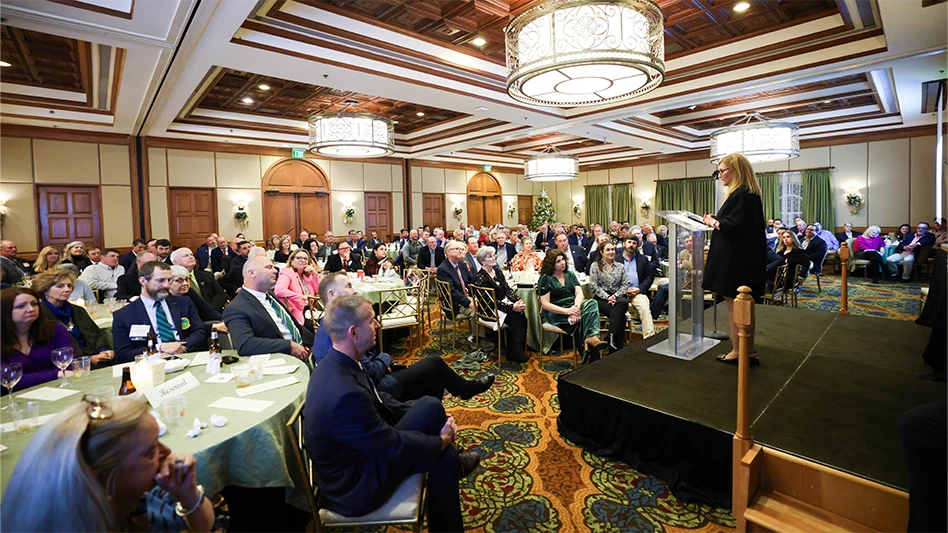These are anxious times for those who run golf courses in the area, and no course officials are more anxious than those at Starmount Forest Country Club.
Weather, disease and a turfgrass mystery forced the 80-year old club to do something no golf course in this area has ever done. That’s because Starmount has just been through something no course around here has ever seen.
Starmount lost its greens in five days, sending a shockwave through the tight-knit golfing community and keeping local superintendents and state turf pathologists up at night.
“We still don’t know what happened at Starmount,” said Lane Tredway, an associate professor at N.C. State and the state’s leading expert on turfgrass diseases.
His staff has been studying the samples from the Greensboro course and has found no reason for the sudden death of every putting surface at Starmount.
“I’ve never seen a bacteria that would kill every green in five days,” Tredway said.
The club lost its bentgrass greens about a week after Memorial Day and made a sweeping decision. They closed the course for about a week and a half in late June and began re-sprigging the greens with a hybrid Bermuda grass never before used in this area.
“It wasn’t a hard decision,” said Brent Gentel, the course superintendent at Starmount. “I didn’t necessarily want to be the guinea pig, though.”
There are only a few golf courses in North Carolina with the hybrid Bermuda grass, a heat-resistant plant popular in Florida but long considered too risky for places farther north. But the weather and plant bacteria throughout the area in recent years forced several clubs to make drastic decisions.
Keith Wood, the course superintendent at Sedgefield County Club, said every golf course in the state will be watching Starmount.
“They’re the first here,” he said. “It’s probably the farthest north anyone has ever tried it. I know they went to this Bermuda at the Atlanta Athletic Club and at East Lake, but this will be the first around here.”
Kevin Kemp, the chairman of golf operations at Starmount, said members are looking forward to the transition.
“We may be the first to do this,” Kemp said, “but we won’t be the last. We know people are going to be watching us, but again, our members here are more than excited with everything we’ve been through.”
There’s nervousness at Starmount, and it’s not just because of the new hybrid Bermuda beginning to grow on the roped-off greens at the course in Starmount Forest. The nervousness is because they still don’t know what happened to the bentgrass greens that had been there since 1966.
Rumors swirled throughout the club and at courses in the area. Tredway said his staff continues to study samples from Starmount while watching carefully as other courses in the area are battling against similar conditions.
READ THE FULL ARTICLE>>
Latest from Golf Course Industry
- Advanced Turf Solutions and The Aquatrols Company release soil surfactant
- Heritage Golf Group acquires North Carolina courses
- Editor’s notebook: Green Start Academy 2024
- USGA focuses on inclusion, sustainability in 2024
- Greens with Envy 65: Carolina on our mind
- Five Iron Golf expands into Minnesota
- Global sports group 54 invests in Turfgrass
- Hawaii's Mauna Kea Golf Course announces reopening





